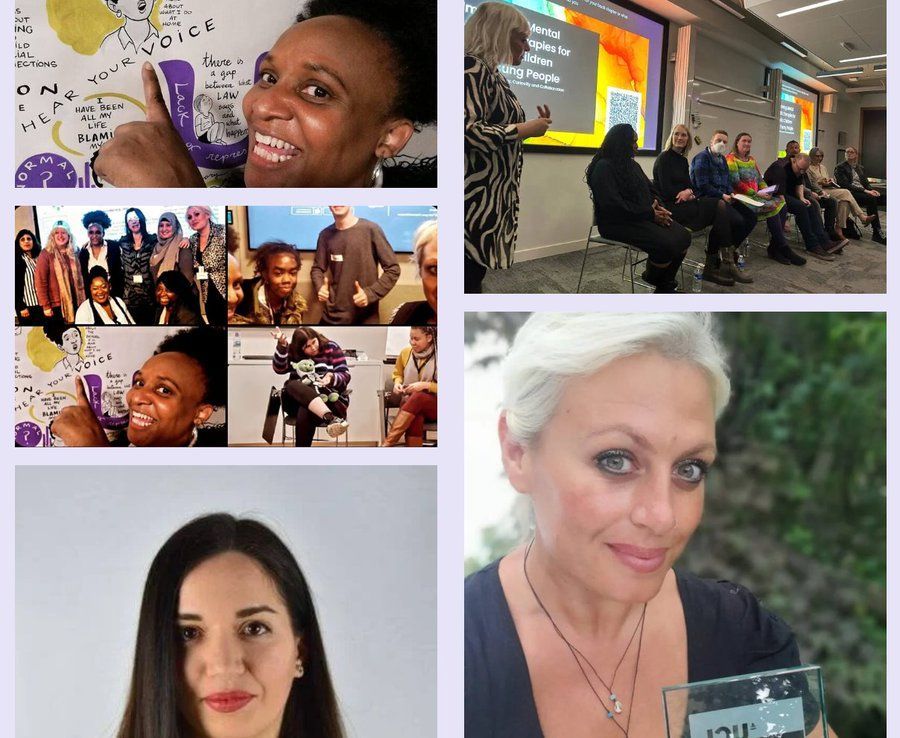

A diverse bunch of researchers, scholar activists, artists, service users, consultants who coproduce and codeliver research to improve the mental, emotional, and physical health of neurodivergent people of all ages. We are based at UCL's Brain Science Faculty.
#autism #adhd #syndromes
www.ucl.ac.uk/brain-scienc...

www.ucl.ac.uk/brain-scienc...





www.nature.com/articles/s41...

www.nature.com/articles/s41...

www.nature.com/articles/s41...

www.nature.com/articles/s41...
N=300 families of autistic/multiply neurodivergent kids facing mental health crisis with no support
Urgent call for timely + adapted +coproduced psychological services
journals.plos.org/mentalhealth...

N=300 families of autistic/multiply neurodivergent kids facing mental health crisis with no support
Urgent call for timely + adapted +coproduced psychological services
journals.plos.org/mentalhealth...
www.ucl.ac.uk/news/2025/ju...

www.ucl.ac.uk/news/2025/ju...




www.nature.com/articles/s41...

www.nature.com/articles/s41...

@grrand-team.bsky.social
at @uclbrainscience.bsky.social
NEW #NHS commission to improve lives of autistic people of all ages and their families. www.autismcentral.org.uk
@grrand-team.bsky.social
at @uclbrainscience.bsky.social
NEW #NHS commission to improve lives of autistic people of all ages and their families. www.autismcentral.org.uk
journals.plos.org/mentalhealth...
acamh.onlinelibrary.wiley.com/doi/10.1111/...
podcasts.apple.com/gb/podcast/p...

journals.plos.org/mentalhealth...
acamh.onlinelibrary.wiley.com/doi/10.1111/...
podcasts.apple.com/gb/podcast/p...
link.springer.com/article/10.1...

www.ucl.ac.uk/news/2025/ju...

www.ucl.ac.uk/news/2025/ju...
link.springer.com/article/10.1...

link.springer.com/article/10.1...
The students in this report talk a lot about the negative impact of certain interactions with adults in school 😔

The students in this report talk a lot about the negative impact of certain interactions with adults in school 😔
acamh.onlinelibrary.wiley.com/doi/full/10.... @uclpals.bsky.social

acamh.onlinelibrary.wiley.com/doi/full/10.... @uclpals.bsky.social
www.neurodiversity-research.org/blog/2675071...

www.neurodiversity-research.org/blog/2675071...
This conference is your chance to connect, collaborate + spark real change✨
All things #trauma #autism #adhd #learningdisabilities #clinical #practice

This conference is your chance to connect, collaborate + spark real change✨
All things #trauma #autism #adhd #learningdisabilities #clinical #practice
acamh.onlinelibrary.wiley.com/doi/10.1002/...

acamh.onlinelibrary.wiley.com/doi/10.1002/...


